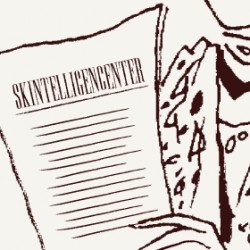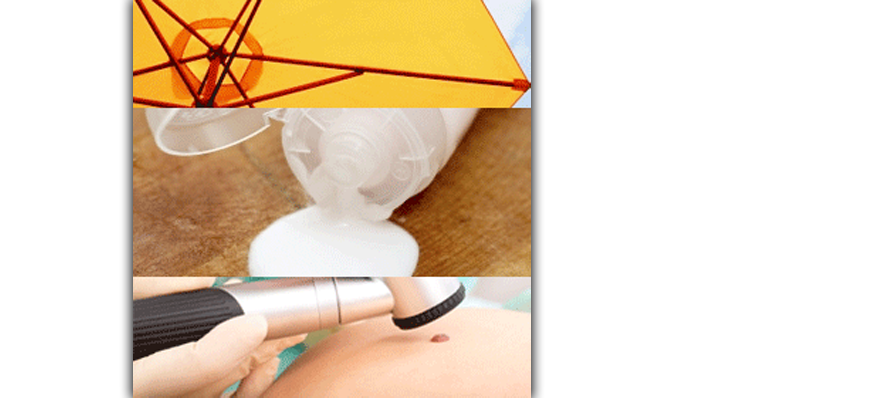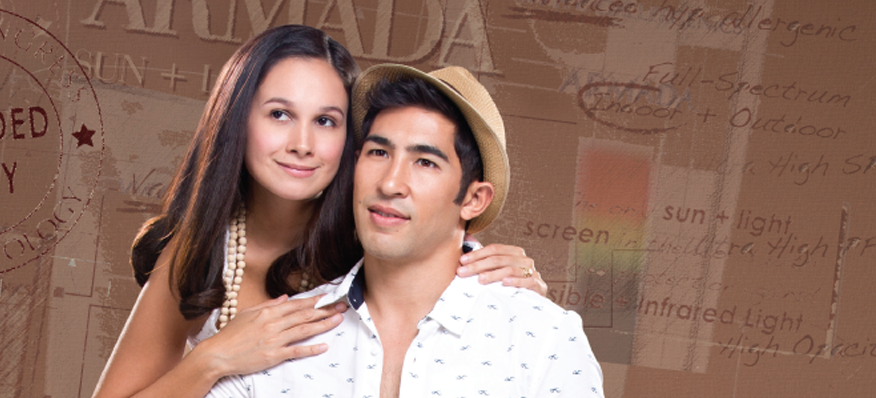Coconut Oil Extract (2% Monolaurin) Cream in the Treatment of Molluscum Contagiosum: A Randomized Double-Blind Vehicle-Controlled Trial.
Chua E, Verallo-Rowell VM.
Poster presentation (Semi-Finalist), WCD, October 2007, Argentina
ABSTRACT:
Background: Molluscum contagiosum, a benign viral skin disease commonly found in children and adolescents, is usually treated by various surgical procedures as well as topical application of different agents. Among new agents under research as potential treatment, coconut oil extract, consisting of monolaurin, has been the subject of studies as a possible therapeutic modality.
Objective: To determine the therapeutic efficacy and safety of coconut oil extract (2% monolaurin) cream in the treatment of molluscum contagiosum among children and adolescent out-patients.
Methods: Subjects included patients aged 2 to 18 years old with a clinical diagnosis of molluscum contagiosum. Informed consent was obtained, and patients were randomized into monolaurin (treatment) and vehicle (control) group. After baseline evaluation of the lesions, topical application of the drug or vehicle was done on the lesions twice daily for four weeks. Patients were followed up every seven days until completion of the study period, taking note of the number of lesions with complete resolution, and the percentage reduction in the number and size of lesions. Statistical analysis was done between the two groups. Test of 2 proportions was conducted to compare the clinical response of patients in terms of resolution.
Results: A total of 56 patients were included, with a mean age of 5.52 (±2.88) years. Of the 56, 28 were randomized into monolaurin group, and 28 into the vehicle group. The clinical and demographic profile and lesion count of the two groups were comparable at baseline. After treatment, 15 (54%) of the 28 patients in the monolaurin group showed complete resolution of lesions, compared to 5 (18%) in the vehicle group. The monolaurin group had a significantly higher number of lesions with complete resolution (4.75±2.46 vs. 2.46±1.97, p<0.05). Likewise, the percentage reduction in number and size of lesions were higher in the monolaurin group (72±34% and 71±33%, respectively) compared to the vehicle group (40±34% and 45±34%, respectively) at p<0.05. Adverse events were similar and insignificant in the two groups.
Conclusion: Coconut oil extract or monolaurin cream is effective and safe in the treatment of molluscum contagiosum. Patients randomized to the monolaurin group had more lesions with complete resolution, and greater reduction in the number and size of lesions, compared to control.





